The transformative impact of telehealth and point-of-care on healthcare marketing
Delivering educational content where and when it matters most.
Telehealth Is Here to Stay
Telehealth has gained widespread acceptance in recent years, and Doximity’s 2023 Telemedicine Report explores the broad application of telemedicine adoption among patients and physicians. The report found that physicians believe telehealth has enhanced continuity of care for patients, and patients state that telehealth has improved their access to healthcare services. Patients have embraced the convenience of accessing medical care from their home, eliminating time-consuming commutes and reducing exposure to contagious illnesses. For physicians, telehealth offers streamlined practice operations, greater flexibility in scheduling and access to a broader patient base — which can reduce costs and improve healthcare for all. With continued advancement of telehealth technologies and increased regulatory acceptance, telehealth has become a permanent fixture in modern healthcare.
The Digital Point of Care
Point-of-care advertising is a pillar of HCP marketing, with brands working hard to get as close as possible to the doctor-patient interactions, and today, telehealth is playing a transformative role in expanding the “digital point of care.” What once necessitated in-person product education, often facilitated by pharmaceutical sales representatives engaging with physicians, has now extended beyond the confines of the physician office into the digital realm. What’s more, ZS Associates’ AccessMonitor report indicates over half of U.S. physicians, including three-fourths of oncologists, have restricted access to pharmaceutical representatives.1 Physician time constraints, preferences for digital and other shifts suggest this trend will continue. Forward-looking brands are rapidly adapting to this new landscape by strategically harnessing digital tools, targeted content and data-driven approaches to ensure their essential information reaches healthcare professionals precisely when and where it is most relevant.
Enhancing Patient Care Through Education
Physician Learning Preferences: A Doximity Report indicates 63% of physicians surveyed prefer online platforms when learning about the latest research, clinical trials, treatments and/or procedures, yet 41% report spending 15 minutes or less reviewing medical news or information during the average workday.2 These data points suggest that brief yet impactful information delivered digitally at the point of care is valued by busy physicians. The accessibility of comprehensive medical education for physicians is pivotal in ensuring informed decision-making and improving outcomes. Furthermore, physicians need concise and digestible information to convey complex medical concepts, treatment options and potential risks to their patients. Providing actionable information and prescribing support to physicians at the point of care empowers them to confidently make prescribing decisions and initiate therapy, ultimately advancing the shared goal of improving patient health and well-being.










